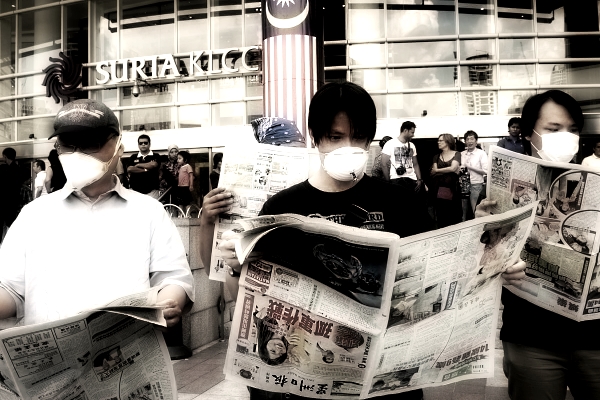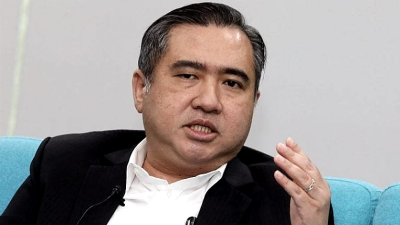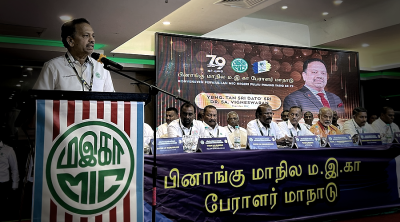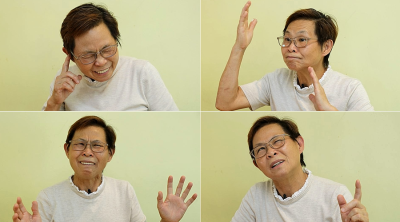Sin Chew Daily
The government has recently enacted the Emergency (Essential Powers) Ordinance 2021 to fight the spread of fake news.
Beginning March 12, anyone writing or spreading fake news related to COVID-19 and the Emergency decree will likely face three years in jail and RM100,000 fine, or both.
It is the obligation of media workers to report the truth, and naturally we strongly support the government's move to fight fake news.
What then is fake news? A senior journalist can judge whether a piece of news is real or fake through his professional experience, but even then there could be occasional misjudgments that will land him in trouble for violating the law.
We agree that the newspaper has the responsibility for every piece of news or editorial it carries each day. But, can an article contributed by our columnists or political interviewees which do not seem to go well with the official narrative of the authorities, constitute fake news?
We are unable to filter every single word or sentence of statements and op-ed pieces contributed by politicians, nor should we make heavy editing or deletions that will result in distortion of the authors' original intent. Government intervention has made newspaper articles largely agreeable to the powers that be. To be honest, this phenomenon is not what conscientious media workers would love to see.
If we were to look at the social media, we can deduce that this is the actual cradle of misinformation overload. There have been instances of rumor-mongers issuing irresponsible comments but the media that carried such comments were penalized instead.
Perhaps some may argue that ordinary people lack media sensitivity, but what we would like to say is that more often than not such malicious remarks have been made intentionally with ill motives.

From Sin Chew's Facebook comments, we can see the same bunch of people making vile comments targeted at the government or specific individuals. These are the recidivists we feel the authorities should tackle, not the media per se!
Although minister in the PM's department (parliament and law) Takiyuddin Hassan has said the government will abolish the fake news ordinance within six months after lifting the Emergency decree, we can only adopt a "wait-and-see" attitude towards what the minister has promised.
But what is fake news? According to the minister, "any allegation that the government proclaims emergency for fear of losing majority support in the parliament is fake news."
Normally newspapers will not write something like this although opposition reps and some current affairs critics may have very different voices which we cannot afford to completely brush off or ignore. In its stead, the government should issue official statements to clarify and rectify in facilitating two-way communication with the rakyat in order to stop them from making baseless allegations in future..
We do not think that public statements issued by opposition leaders should constitute fake news. The media has no right to gag them, or makes no mention of their positions, as this will smother freedom of expression.
We support political stability for continuous prosperity of the country, but we also know that we have this obligation to speak up for the people.
Rumors related to the coronavirus is one of the reasons for the enactment of the ordinance. But what is a rumor? Was the "discovery of animal-to-human transmitted virus" mentioned by Dr Li Wenliang from Wuhan, China in an online chat group in late 2019 considered a rumor?
Here in Malaysia, earlier claims of poor environment at some of our modular hospitals and the quarantine center at a religious school in Johor, have been substantiated by real videos. The fact they were shunned by the media does not mean such things never happened at all.
Some of the policemen (or the so-called local authorities) unreasonably issuing RM10,000 compound tickets to light SOP violators with witnesses and evidences, can such reports be considered fake news, too?
We support stern actions from the government to stop the spread of fake news, but we are also much more committed to upholding the freedom of expression. It is not our wish to see heavy penalties meted out by the authorities in the name of battling fake news indirectly hamper press freedom.
ADVERTISEMENT
ADVERTISEMENT


































